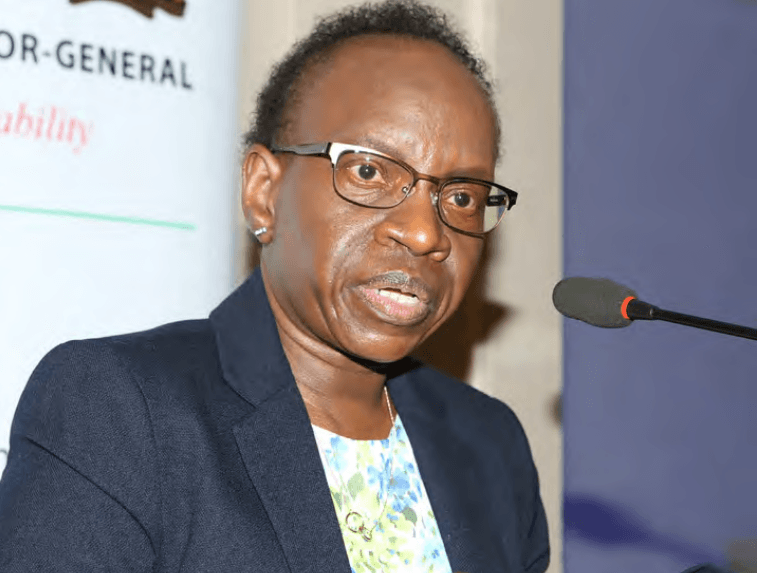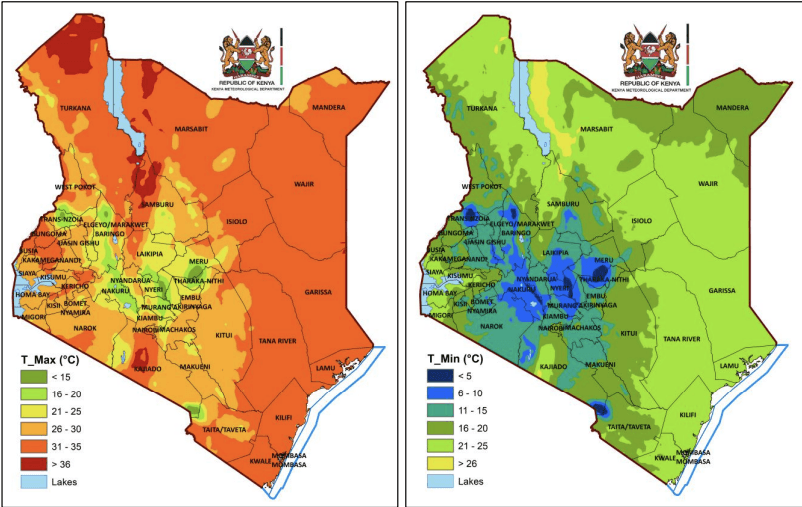The recent sentencing of Jowie Irungu in connection to the murder of businesswoman Monica Kimani reignites a longstanding global debate about the role and morality of the death penalty. Given the irreversible risks of the death penalty, for instance, wrongfully executing an innocent person, the death penalty warrants extensive scrutiny.
It has been roughly 37 years since Kenya last performed a court-sanctioned execution, when the then 33-year-old Hezekiah Ochukah was hanged for his role in the unsuccessful 1982 coup attempt. Before 1987, around 280 people had faced the hangman since 1963.
Most people on death row usually get their sentences commuted to life sentences: with presidents Mwai Kibaki and Uhuru Kenyatta commuting the death sentences of 4,000 and 2,747 people to life sentences. Yet the spectre of capital punishment still hangs heavy over our judicial system.
Sentencing individuals to death but refraining from executing them, effectively maintains a legal relic that serves little purpose other than symbolic severity. This raises ethical concerns regarding the inconsistency of a punishment that is not consistently enforced.
Across Africa, nations are grappling with this very issue. Some countries such as Sudan, Egypt, South Sudan, Botswana and Somalia still regularly execute those condemned to death. In recent years countries such as the Central African Republic, Sierra Leone and Zambia have made strides in abolishing the practice.
And, in July last year, Ghana’s parliament abolished the death penalty for all crimes except for treason. This underscored a growing recognition that the death penalty does not align with modern standards of justice.
Internationally, around 170 UN member states have either abolished or do not practice the death penalty, recognising it as a cruel and unusual punishment in violation of human rights and dignity.
Some countries, like Kenya, make the list because although they sentence people to death, none of them have executed people on death row in the past decade or longer. Reconsidering the death penalty would align Kenya with the global commitment to contributing to a more progressive and humane criminal justice system.
Most people who support the death penalty believe it serves a cathartic function, bringing closure to victims or their families. However, the death penalty does not magically erase the pain of loss or heal the wounds left behind by violent crime.
Worse still, many studies have shown that the threat of execution does little to deter offenders. Instead, addressing the root causes of crimes that currently carry the death penalty would likely be beneficial to the nation’s criminal justice system rather than the unacceptable consequences of maintaining the practice.
In 2017, the Supreme Court’s landmark decision in the Muruatetu case declaring the mandatory death penalty unconstitutional, was a step in the right direction. It was a recognition of the inherent flaws of the death penalty.
However, the Muruatetu decision presented an important question about justice: who decides the fate of those who should face the gallows? The decision on whether or not to issue a death sentence was left at the unilateral discretion of judges. Considering the fallibility of any judicial system, this decision is deeply problematic.
One particular judicial challenge is deciding, with fairness, the just penalty for convicts. Leaving the death penalty at the discretion of one individual inevitably presents the possibility that, among many other factors, people who have committed a similar crime might receive different sentences solely because of the judge presiding over their cases.
We should not be comfortable with a system that places such immense power in the hands of one person. Multilateral decision-makers, like juries, often either convict innocent people or erroneously hand out the death penalty. Unilateral decision-makers are none the wiser. The margin for error is simply too high to leave such a life-or-death decision to an individual.
There needs to be a debate about the role of the death penalty in our society and the implications of measuring justice by the taking of life. We owe it to ourselves, the victims of crime and future generations to ensure that defendants receive fair, humane and just punishments.

















